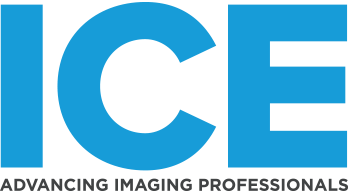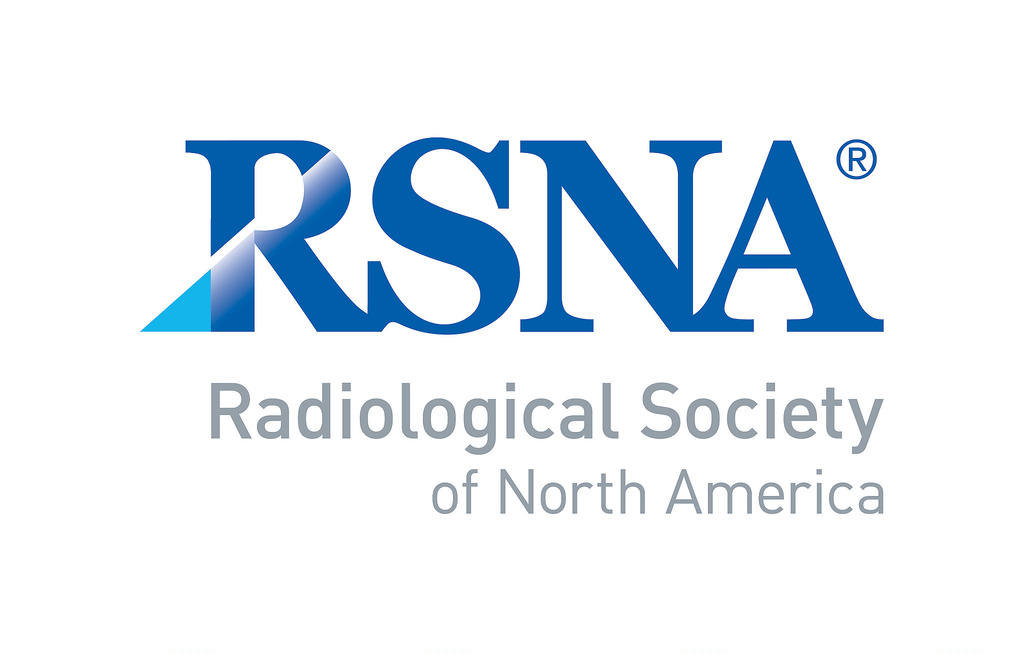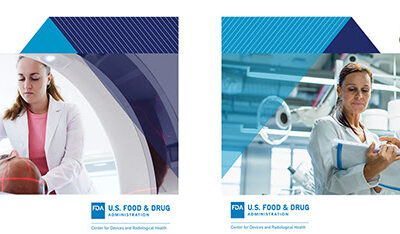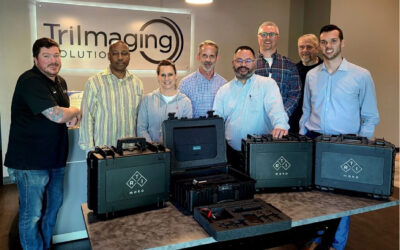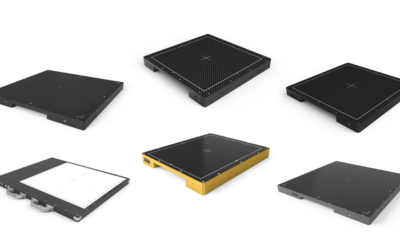3D printing registry will offer new data collection opportunities for 3D printed models at the point of care
 CHICAGO, Ill. (August 8, 2019) – The Radiological Society of North America (RSNA) and the American College of Radiology (ACR) will launch a new medical 3D printing clinical data registry to collect 3D printing data at the point of clinical care. A joint ACR-RSNA committee will govern the registry intended to pilot in the fall of 2019.
CHICAGO, Ill. (August 8, 2019) – The Radiological Society of North America (RSNA) and the American College of Radiology (ACR) will launch a new medical 3D printing clinical data registry to collect 3D printing data at the point of clinical care. A joint ACR-RSNA committee will govern the registry intended to pilot in the fall of 2019.
“The creation of the joint RSNA-ACR 3D Printing Registry is essential for the advancement of clinical 3D printing. The registry will allow us to collect data in support of the appropriate use of this technology and its value in clinical decision making, and this collaboration between RSNA and ACR shows the importance of 3D printing to radiology,” said William Weadock, M.D., professor of radiology at the University of Michigan and chair of the RSNA 3D Printing Special Interest Group (SIG).
This announcement follows the release of four new Category III Current Procedural Terminology™ (CPT™) codes for the use of 3D printing to create anatomic models and anatomic guides. Registry data will enable essential analyses to demonstrate the clinical value of 3D printing, which has been challenging to date because of the rich diversity of clinical indications, the different technologies for generating physical models from medical images and the complexity of the models.
“Medical models and surgical guides have been 3D printed for well over a decade, as niche applications—and without CPT codes. For example, craniomaxillofacial care providers generally accept that 3D printing is valuable and integral to patient care,” said Frank Rybicki, M.D., Ph.D., FACR, chair of the ACR Committee on Appropriateness Criteria and founding chair of the RSNA SIG. “However, when applying for CPT codes, it became clear that this ‘general acceptance’ lacked peer-reviewed literature to demonstrate value. This registry will supply data to benchmark the value of this subspecialty.”
“The RSNA 3D Printing SIG has brought together leaders from radiology practice and from the 3D printing industry to advance the science and applications of this important new technology,” said Charles Kahn, M.D., M.S., chair of the RSNA Radiology Informatics Committee. “The registry will help us understand the value that 3D printing can bring to clinical practice.”
The registry has been supported by the efforts of many individuals, including Dr. Jane Matsumoto, Mr. Andy Christensen, Dr. Kenneth Wang, Dr. Leonid Chepelev, Dr. Edward Quigley, Dr. Justin Ryan and Dr. Nicole Wake.
The following industry partners are also gratefully acknowledged for providing critical financial support in the form of unrestricted grants for this initiative: Formlabs, HP, Materialise and Stratasys.
The 3D printing registry will be hosted by the ACR’s National Radiology Data Registry (NRDR) system, which is a leading platform for clinical quality registries in imaging. NRDR currently houses six registries with more than 6,500 participant sites and over 150 million cumulative cases. Information about this new registry, including details about how to participate, will be posted to the NRDR website as it becomes available.
